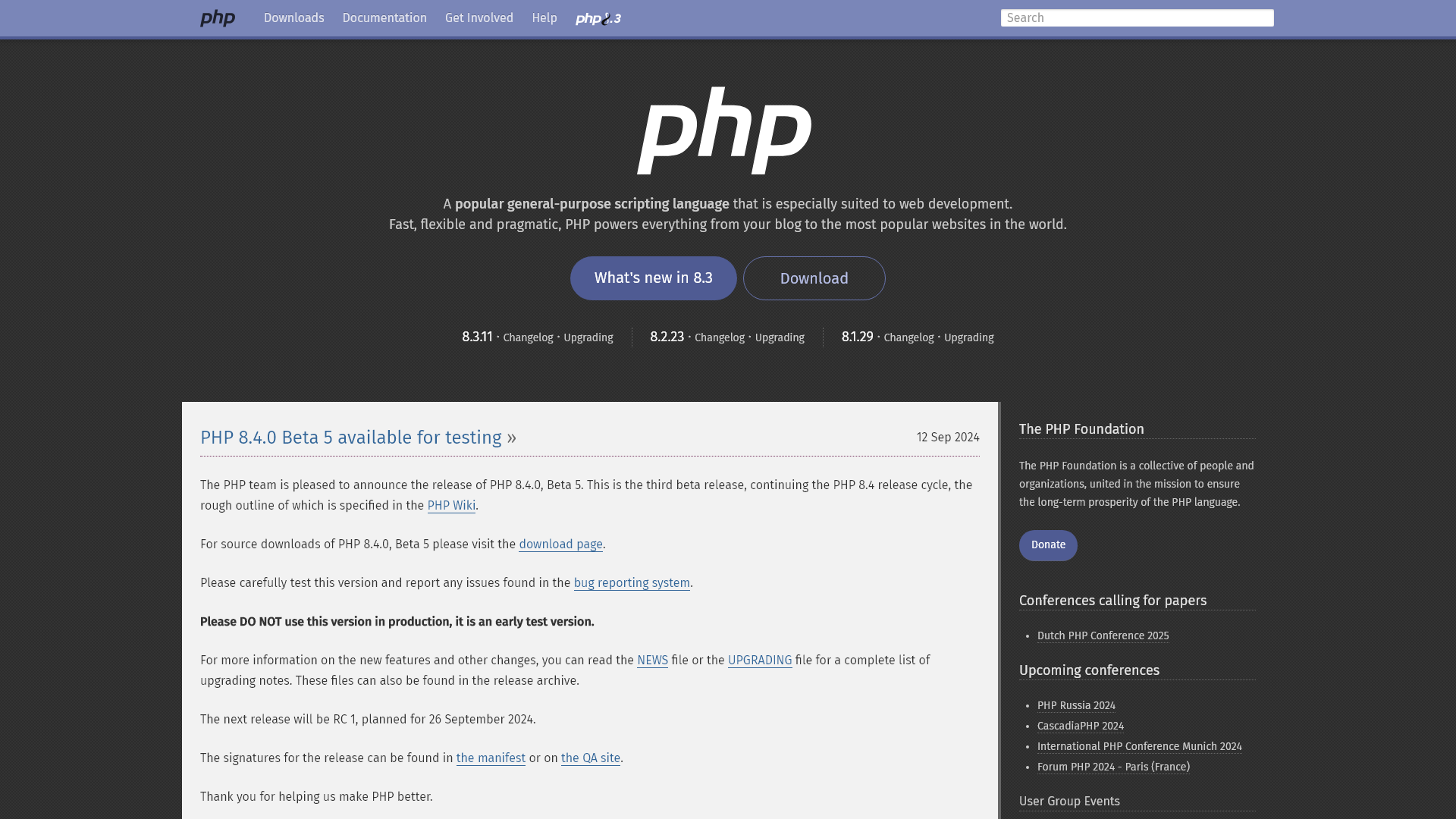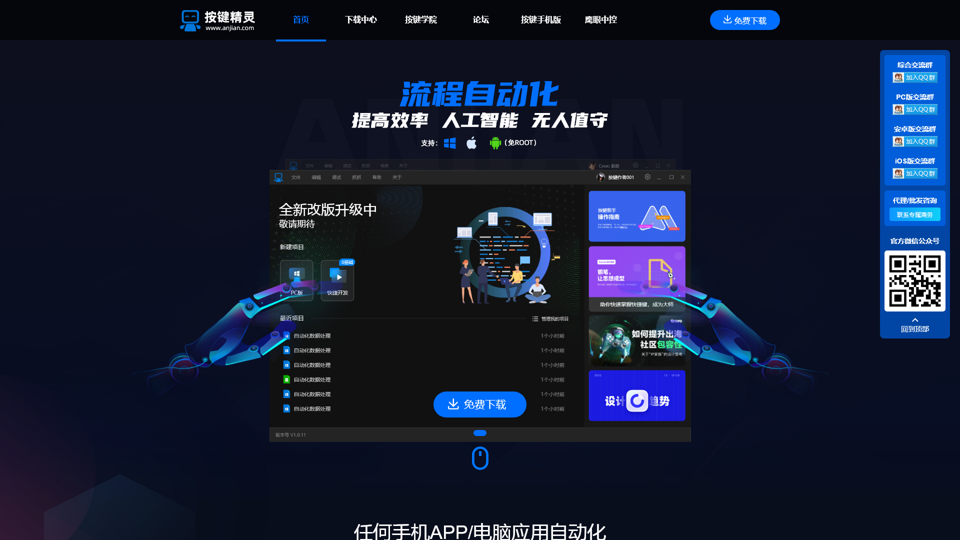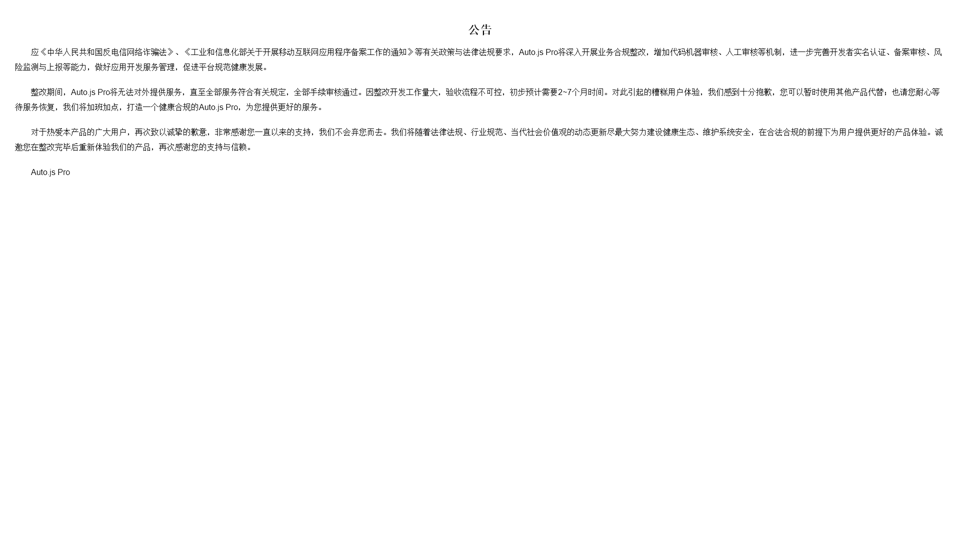What is PHP?
PHP, or PHP: Hypertext Preprocessor, is a popular general-purpose scripting language especially suited for web development. It enables developers to create dynamic and interactive web pages quickly and efficiently. PHP powers everything from personal blogs to some of the most well-known websites in the world.
What are the key features of PHP?
Some of the key features of PHP include:
- Open Source: PHP is free to use and has a vast community of developers contributing to its improvement.
- Cross-Platform: PHP runs on various platforms such as Windows, Linux, and macOS, making it highly versatile.
- Support for Databases: PHP can connect to several databases, such as MySQL, PostgreSQL, and more.
- Strong Performance: PHP has a built-in memory optimization feature, making it efficient for large-scale applications.
- Rich Library Support: It offers a wide range of built-in functions and libraries to help streamline development.
How can I get started with PHP?
To get started with PHP, follow these steps:
- Install a Local Server: Use software like XAMPP or WAMP to set up a local development environment.
- Download PHP: Download the latest version of PHP from the official PHP website.
- Write Your First Script: Create a simple PHP file (e.g.,
index.php) and add some basic PHP code.
- Run Your PHP File: Access your PHP file through your local server by navigating to
http://localhost/index.php in your web browser.
- Explore Documentation: Familiarize yourself with PHP documentation to learn about syntax, functions, and programming practices.
What is the pricing for PHP?
PHP is an open-source language, which means it is free to use. There are no licensing costs associated with downloading or deploying PHP applications. However, depending on your project requirements, you may need to pay for web hosting services, which could vary in price.
Helpful Tips for Using PHP
- Use Prepared Statements: To secure your applications against SQL injection attacks, use prepared statements when interacting with databases.
- Follow Coding Standards: Adopting a coding standard such as PSR helps maintain readability and consistency across your code.
- Keep PHP Updated: Regularly update to the latest version of PHP to benefit from security patches and new features.
- Utilize the Community: Join PHP forums and discussion groups to connect with other developers for support and advice.
Frequently Asked Questions
Can I use PHP for building large applications?
Yes, PHP is capable of handling large-scale applications. Many successful platforms, including Facebook and WordPress, are built using PHP, demonstrating its scalability and efficiency.
Is PHP secure for web application development?
While PHP's security features have improved, the security of your PHP application also depends on how well you implement coding best practices. Regular updates and following security guidelines will help protect your application.
Where can I find PHP documentation?
PHP documentation can be found on the official PHP website, where you can access comprehensive guides, reference materials, and tutorials on using the PHP language.
Do I need to learn HTML and CSS to use PHP?
While it is not mandatory to learn HTML and CSS to use PHP, having a basic understanding of these technologies will help you create more effective and dynamic web pages.
How do I learn PHP?
Learning PHP can be done through various resources such as online tutorials, coding bootcamps, and books. Practice by working on small projects and gradually build your skills over time.
Contact and Support
For further assistance or inquiries, please reach out to the PHP support team through the official PHP website contact page, where you can find resources to resolve issues and get help with your development questions.



